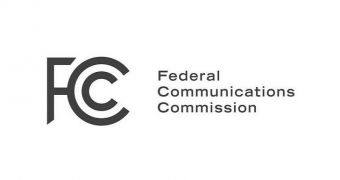Why does the world even bother trying to get the FCC to listen to reason? Despite over a hundred thousand complaints sent out to the Federal Communication Commission by some 150 tech companies telling it why it’s such a bad idea and the world’s media pointing out the flaws in the procedure, the FCC still went through with its plan to allow an Internet fast lane.
The committee agreed by a three-to-two vote during a hearing in Washington, DC to go forward with the recently proposed rules concerning net neutrality. During the next 120 days, interested parties can comment on the proposal.
Wheeler addressed some issues that came up in the court case from January where the judges told the FCC that the commission could not impose net neutrality rules to ISPs, allowing providers to prioritize some web traffic over others.
“Today, there are no legally enforceable rules by which the Commission can stop broadband providers from limiting Internet openness. This Notice begins the process of closing that gap, by proposing to reinstitute the no-blocking rule adopted in 2010 and creating a new rule that would bar commercially unreasonable actions from threatening Internet openness (as well as enhancing the transparency rule that is currently in effect),” the proposal reads.
The plan put together by Wheeler would basically allow the service providers to charge companies that provide more content, such as Netflix and YouTube, to give them access to an Internet fast lane. This particular issue has been heavily criticized over the past few months since it goes against everything that net neutrality stands for.
“The protential for there to be some kind of a fast lane available to only a few has many people concerned. Personally, I don’t like the idea that the Internet could be divided into haves and have notes, and I will work to see that does not happen,” he told the committee.
Jessica Rosenworcel, who has spoken against the creation of fast lanes, said that she supported an Open Internet and that she’d have taken the time to understand the future before proceeding with the plans. “Because the future of the Internet is the future of everything,” she added, saying that she’d have liked to delay the discussion to properly go over the plans.
During the same hearing, Commissioner Ajit Pai, former counsel for Verizon, brought into discussion the legitimacy of the FCC. “Every American who cares about the future of the Internet should be wary about five unelected officials deciding its fate,” Pais said.

 14 DAY TRIAL //
14 DAY TRIAL //